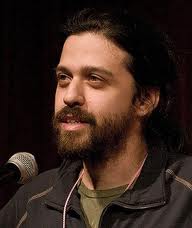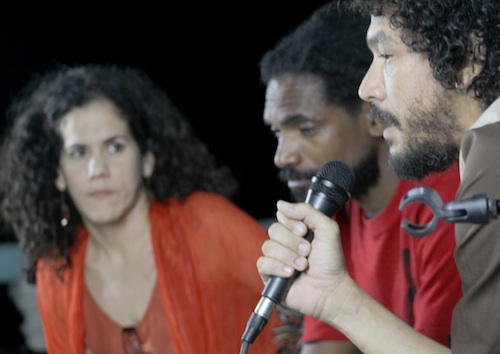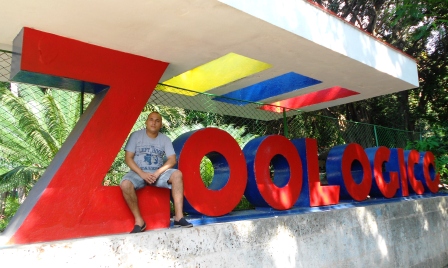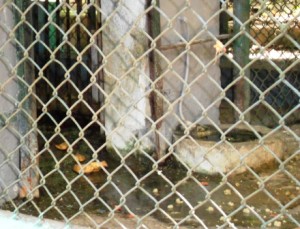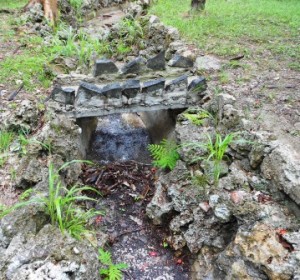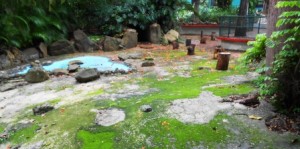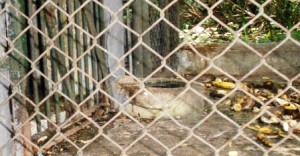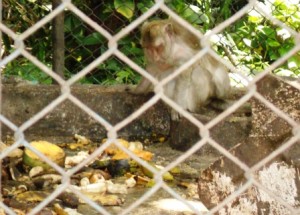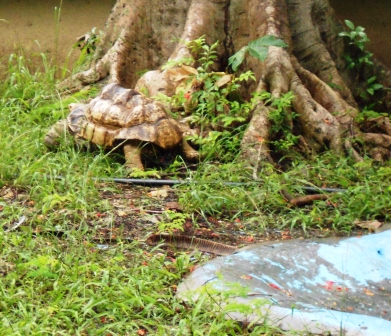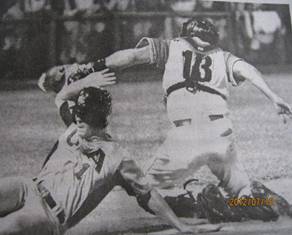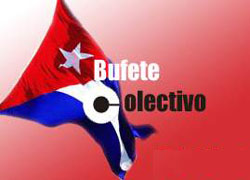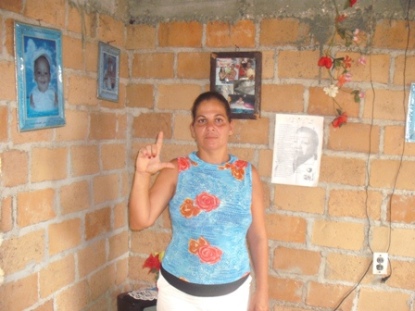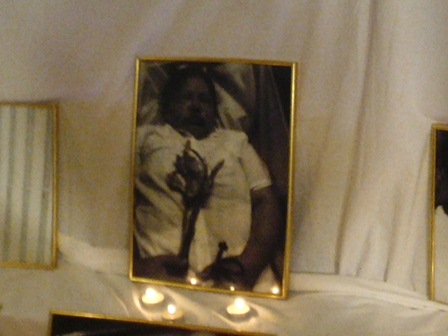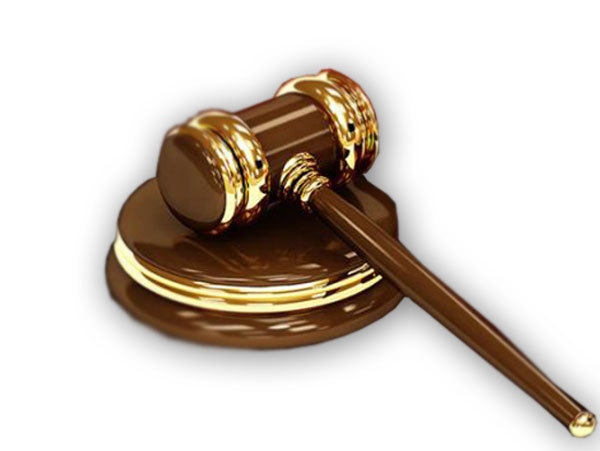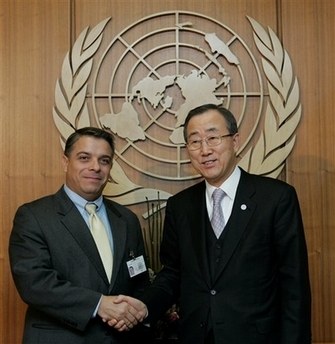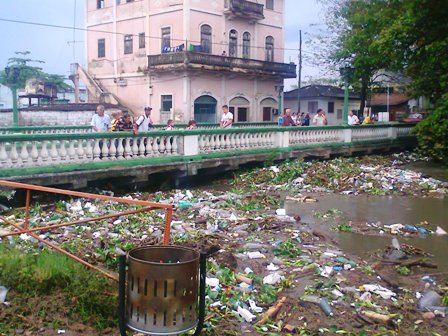Racism was supposedly abolished by the revolution of the Constitution and from public places, but there were no policies to educate the citizens to be conscious about their actions.
The revolution did not care about intellectual abolition of racism and did not educate the people about this phenomenon.
Blacks are seen as inferior beings with an ugly skin pigmentation and a lower IQ, and therefore, they must be treated according to these differences, so that at least one day they will become closer to the civilization imposed by the white race, which claims itself to be the superior race. Everything that does not fall within the whites’ rules is considered as culturally and humanly disposable.
All this has been the result of a racist intellectual legacy.
The phenomenon of the right to own property adds to the worsening of the racial issues in Cuba. The Cuban regime suppressed private property, which it considered to be one of the vices of capitalism. In the Castro regime’s society, private property exists by custom and acceptance, but not — until recently — by law and rights, which are still subject to the will and rules of an arbitrary regime.
This has to do with social and ethnic relations because the regime is the sole owner and guarantor of rights, and it can grant or expropriate goods and property, with tricky laws whenever it pleases.
Black and mestizos in Cuba are the property of the regimen, which from redemption and free labor has turned them into a cheap labor force. A large supply of slaves, all from a single owner.
Within Cuban socialism, skin color weighs heavily over social relations, and the man loses all of his freedom rights, becoming property of an ideology that manipulates him and can put him on sale or make him disappear whenever his Master, the State, says so.
Skin color and class struggles become meaningless. The man does not exist as such, no matter how much they want to pretend the opposite.
The invisibility of blacks is their punishment for being a bad example and a stigma for society.
Today’s racism is the fruit of a prolonged belief in eugenics and of a white-focused and anti-black legacy.
Only open regimens may be able to provide spaces for everyone, to create spaces for debate about social issues without the presence of the State, whose only obligation is to respond to the will of its people. And this is only accomplished in representative democracies whose ideological and political formula is so far not surpassed by any other in guaranteeing individual rights.
Published by Primavera Digital, July 7, 2012
Translate by Chabeli

